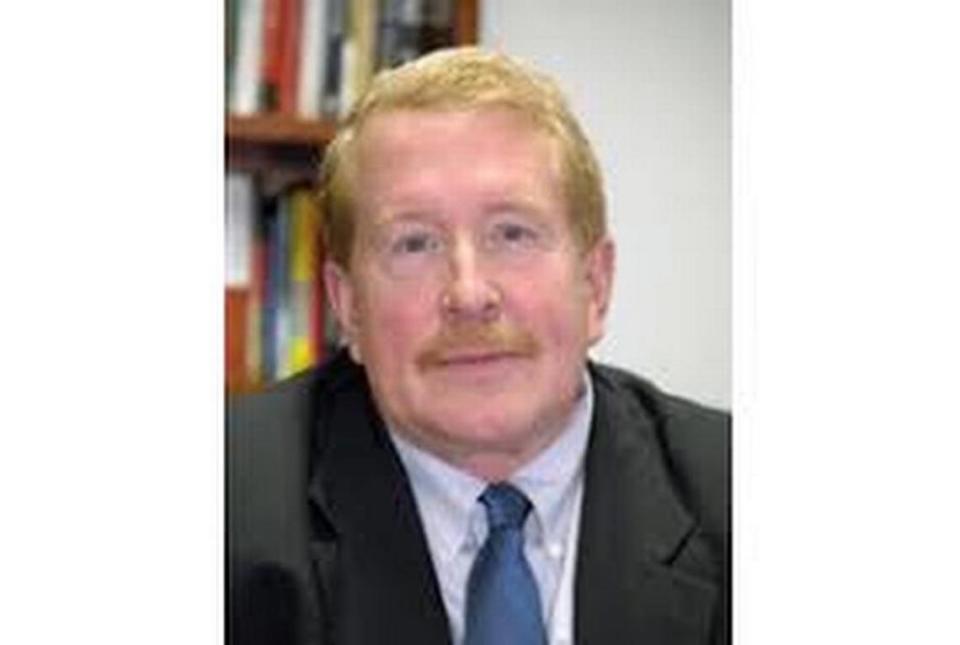Kentucky must address its high rates of child abuse and neglect. It will take everyone.
Each April, state and local leaders proclaim Child Abuse Prevention Month and community partners encourage the public to understand that everyone has a role in recognizing, reporting, and preventing child abuse in the commonwealth.
That kind of focus on abuse is an ethical imperative. After all, the latest federal Child Maltreatment Report reveals that Kentucky had 20,130 child victims of maltreatment in 2019 – ranking the commonwealth with the highest child victimization rate in the country for the third year in a row.
The truth is that there is a driver around incidences of maltreatment that is too rarely discussed – neglect. In fact, 88 percent of cases of child maltreatment were the result of non-medical neglect – which could mean lack of adequate basic needs or supervision to the degree that the child’s health and safety are threatened.
As vital as that emphasis on child abuse is, I am beginning to wonder, where is “neglect” in “Child Abuse Prevention Month?”
I get it, neglect does not grab the headlines or the heartstrings with the vivid and raw imagery of physical or sexual abuse. But the truth is, neglect is devastating; its impact pervasive. And its long-range effects more powerful than even research can imagine.
With this in mind, we must gather the civic conscience to tackle Kentucky’s multi-year maltreatment epidemic holistically and comprehensively, and by going upstream.
As Dan Heath asserts in Upstream, when we shift our energies upstream, we stop dealing with the symptoms of problems and we start fixing problems.
What would going upstream around neglect look like?
First, it will take a two-fold approach within families and communities. It’s ensuring families know how to meet the physical and emotional needs of their children, including the importance of attachment, and to ask for help. It’s communities helping families meet basic needs, be that access to quality child care, food security, or housing stability. It’s also access to supports to address family trauma, ranging from substance use treatment to mental health services to parenting skill development. And it’s addressing the high price of being poor. To be clear, poverty is NOT neglect, but poverty can exacerbate stress and lack of stable supports and lead to poor outcomes for kids.
It will also take engagement by the philanthropic and business communities. That kind of leadership is exemplified by Kosair Charities through the Face It Movement, which convenes over 100 child-serving nonprofits statewide in efforts to end child maltreatment from community centers to the State Capitol.
And it will take YOU! Every Kentuckian can leverage their niche to tackle neglect. That means pastors and pediatricians, educators and law enforcement, neighbors and coaches.
What would upstream look like in Frankfort? It’s architecting a common-sense agenda that our leaders in the General Assembly, Governor Beshear, and Attorney General Cameron can share.
Child maltreatment must be a centerpiece focus of the biennial state budget in 2022 and all pending opioid settlements.
The Governor and Cabinet for Health and Family Services Secretary Friedlander must continue to chart a nationally acclaimed reform in child welfare.
The Attorney General must continue to use his office like a fulcrum to convene law enforcement officials to creatively address addiction as a public health crisis, as well as continue to build capacity for prosecutors to hold perpetrators of maltreatment accountable.
And Speaker of the House Osborne and Senate President Stivers must continue to rally their super majorities to support proven strategies like a state refundable Earned Income Tax Credit, paid family leave, and fundamental criminal justice reform; smart return on investment budget items like more frontline state social workers, deeper supports for child care, and resources for trauma-informed practices in our schools; and a bold discussion around child welfare and racial inequities through the newly created commission that came out of SB 10.
All problems cannot be prevented all the time. But “upstream thinking” can make a difference.
Dr. Terry Brooks is executive director of Kentucky Youth Advocates.

 Yahoo Movies
Yahoo Movies 

